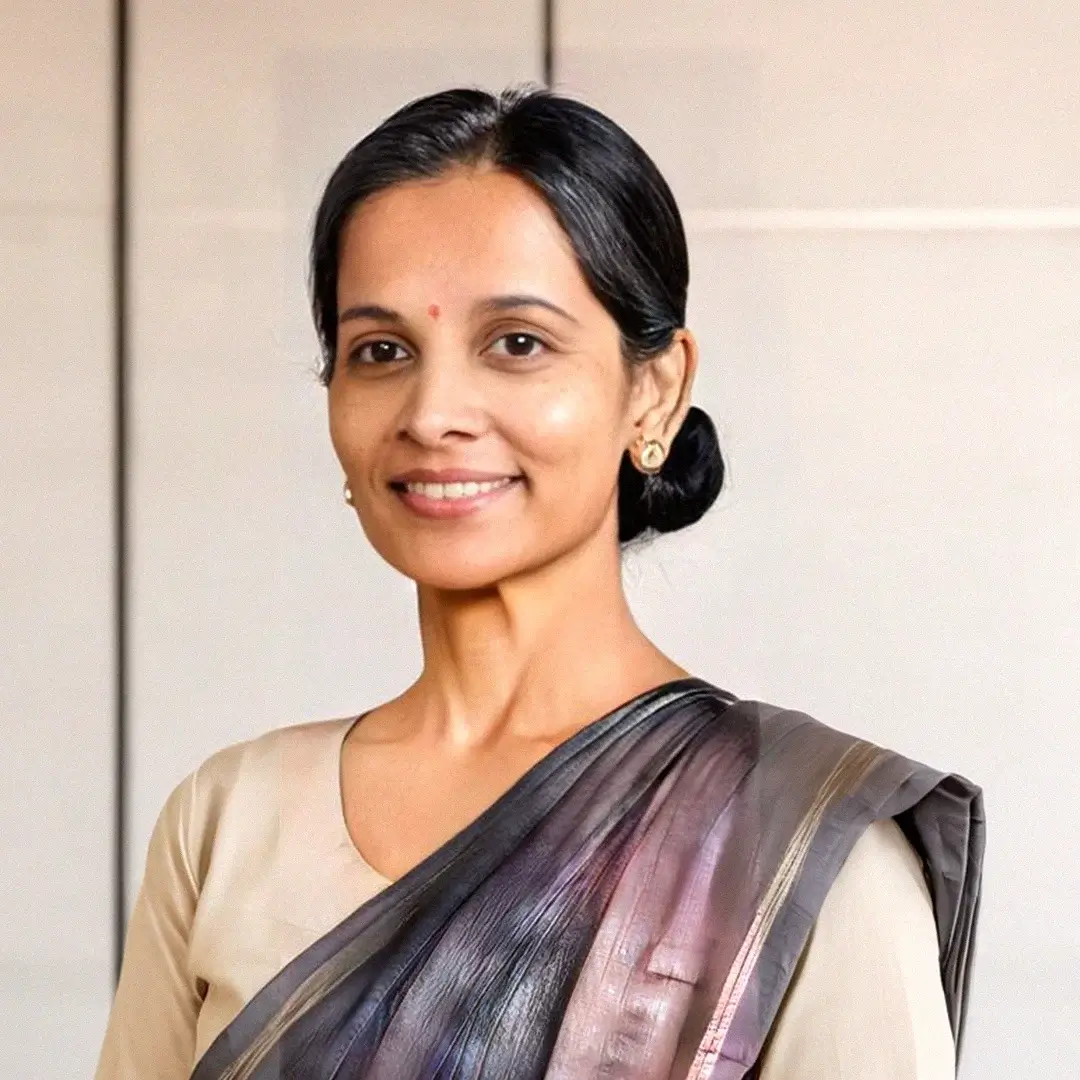Home › Intellectual property › Copyright registration
Learn more about Copyright Registration in India
Copyright is an Intellectual Property protection granted by Indian law that gives owners of literary and artistic works a set of exclusive rights. These rights include copying, translation, adaptation and modification, communication to the public, and performance in front of an audience, distribution, rental, and lending of copies of copyrighted works. Copyrights protect intellectual creations expressed initially and which result from the author’s creative effort. Visually unobtrusive elements such as the “©” sign or the phrase “Copyright protected” indicate that only the author (and thus the rights holder) of the product is authorized to sell and profit from that good.
Table of contents
What is Copyright in India?
Copyright can be defined as a form of Intellectual Property protection granted by Indian law to creators of original works. The term encompasses a set of exclusive rights conferred on the creator of the work, or those who have been granted a license to use it. Literary, theatrical, musical, cinematographic, and artistic works are eligible for this protection.
In May 2016, India launched a comprehensive National Intellectual Property Rights Policy (IPR), with the stated ambitions of creating a knowledge-based economy and promoting economic and social development around intellectual property rights. The government articulates this policy around 7 objectives: awareness and promotion of intellectual property rights (IPR), generation of intellectual property rights, restructuring of the legal and legislative framework of IPR by updating and simplifying the rules, improvement of the management and administration in charge of IPR, commercialization of rights, enforcement of laws and judgments, and development of human resources allocated to IPR.
Copyright in India is regulated and controlled by the Copyright Office, under the supervision of the Controller General of Patents, Designs and Trade Marks (CGPDTM) and the Ministry of Commerce and Industry. The Copyright office is the only one competent to receive applications for copyright registration.
In addition to its national legislation, India is a contracting party to numerous international agreements, which extend the protection of its copyrights to the international level.
What are the laws applicable to Copyright?
India has a rich national legislation but, in order to extend the protections guaranteed to authors, it is also a contracting party to several international conventions.
The National Legislation
The current legislation governing copyright in India is the Copyright Act of 1957, last amended in 2012, and the Copyright Amendment Rules of 2021.
However, copyright in India has been legally regulated since colonial times. Indeed, India has been governed by a law that was originally present in the United Kingdom, the Copyright Act of 1911, renamed the Indian Copyright Act of 1914. Its provisions are still applicable to works created before January 21, 1958.
The Copyright Act provides protection for both the economic rights of the author and his moral rights.
In economic matters, section 14 of the Act guarantees, for literary, theatrical and musical works, the exclusive right of the holder of the protection to reproduce, distribute copies to the public, publicly perform the work, exhibit it, translate it, and even use the work to make a derivative work. For computer programs, the author enjoys, in addition to all the above-mentioned prerogatives, the right to sell or rent the software (by granting a user license).
Section 57 of the Act guarantees “moral rights” to the author, namely the “right of authorship” and the “right of integrity”. The right of authorship corresponds to the exclusive right of the author to claim ownership of the work and thereby prohibit third parties from claiming ownership. The right of integrity protects the work from any distortion, mutilation or alteration. Any other act that could be prejudicial to the honor or reputation of the author is prohibited.
The act also provides in its section 38B a series of moral rights guaranteed to performers, actors. The latter have the right to obtain compensation in case of distortion, modifications of the work that would be prejudicial to their own interest.
Certain uses of the work by third parties, even if not authorized by the author, cannot be sanctioned. This applies to private or personal use, use for educational purposes by teachers or students, for criticism or reviews or news reporting.
International Conventions
India is primarily a member of the 1886 Berne Convention “for the Protection of Literary and Artistic Works,” which provides creators with the means to control how their works can be used. It defines a minimum threshold of protection and special provisions for developing countries.
- Remark:
In addition, the country has been a member since 2018 of the WIPO Internet Treaties, grouping not only the Copyright Treaty of 1986 (WCT), but also the Phonogram Performances Treaty (WPPT).
Treaty of 1986 (WCT), but also the Phonogram Performances Treaty (WPPT).
Finally, the WTO Agreement on Trade-Related Aspects of Intellectual Property Rights (TRIPS), which aims to harmonize intellectual property protection worldwide, was also ratified.
How to register a Copyright in India?
Two possibilities are offered in India for an author wishing to see his work and himself protected by the provisions of the Copyright Act of 1957. To do so, he can choose to protect his rights only on Indian soil by making a national application for registration, or to take advantage of the rights granted by the international conventions to which India is party by choosing an international registration procedure.
1. Obtaining National Protection
Any person who creates a work or subject matter that falls within the scope of the Copyright Act may apply for copyright registration. There is no minimum age requirement to apply. However, it should be noted that if the work was made during working hours for the employer, the person who made it will not be considered the author or creator of the work, for the benefit of the employer.
Section 45 of the Copyright Act provides that the application for registration of copyright may be made either electronically or physically to the administration.
Several essential documents are required to proceed with the registration. Regarding the applicant, his full name and address must be provided, as well as a power of attorney in case the application is made by a lawyer. If the applicant is not the author of the work, a certificate of non-opposition signed by the latter must be drawn up. Regarding the work itself, in addition to its title, the administration requires 3 copies of the work if it is already published, or two copies of the manuscripts if it is not yet published. If the request for Copyright is related to a computer program, its source code must be communicated.
First, the author will proceed to file the application. A form (Form XIV) must be filled in. The author or the person in charge of filing the application will be able to submit it either physically at a Copyright Office, by mail, or electronically on the official government website. Fees will be charged, the amount of which varies according to the protected work. For example, in order to obtain a copyright for an artistic work, the fee will be 500 INR. If several works are registered, several applications will have to be submitted, with for each work its specificities, in order to determine their categories. If all the requirements are met, the administration will issue the applicant an application number and a receipt.
In the second stage, a period of 30 days must be respected to allow any interested person to object to the registration of the work with the administration. If an objection is received by the administration, it will notify the two parties concerned by mail. They will have to give an answer to this notification. An administrative agent will then conduct a hearing to hear the arguments of each party. If the objection is overruled, the procedure can continue. If the objection is not overruled, the application will be rejected and notified to the applicant. If no objection is submitted, then the application can be examined by the Office.
The time limit also allows the administration to examine the application in order to raise any deficiencies in the application. If there are no deficiencies and all essential documents and information required are submitted with the application, then no deficiencies will be raised. If there are any anomalies, they will be notified to the applicant by mail. After his response, the applicant will be called for a hearing. If the anomalies are corrected during the hearing, the procedure can continue, otherwise the application will be rejected.
The final stage of the procedure is the registration. Once the complete application is satisfactory in terms of the legal requirements according to the opinion of the officer in charge of its examination, the details of the work are entered into the copyright register and a certificate is issued to the beneficiary of the said rights.
The effects of registration
An accepted registration does not protect the work and its author in perpetuity. Sections 22 to 29 of the Copyright Act define the terms of protection granted according to the type of work registered. For literary, theatrical, musical and artistic works, protection is granted for the life of the author and 60 years from the year following his death. Cinematographic and sound works, on the other hand, are protected for 60 years from the calendar year following their publication, as are pseudonymous or anonymous works, and works belonging to the State.
2. International Protection
As mentioned above, India is a signatory to many international conventions on the protection of intellectual property such as the Berne Convention, the Paris Convention, but also the Copyright Treaty, etc.
Contrary to the law applicable to patents for example, no international procedure exists to secure copyrights elsewhere than in the country of initial deposit. The mere fact that India is a member of these various conventions allows for effective protection of copyright in all signatory countries without the need for international registration.
However, for the countries that are not part of these different agreements, the author wishing to benefit from a protection will have to satisfy the procedures specific to each State.
What are the authors' rights?
Under a license, the author grants a third party the right to use the copyrighted work. Through this contract, the beneficiary is protected from any legal claims of copyright infringement or unauthorized use. Several types of licenses exist under Indian law.
1. The Voluntary License
The voluntary license is issued by the holder of the rights of his own free will, through a license agreement. The agreement must contain certain elements in order to be legally valid, such as the identification of the work for which the license is granted, the duration of the license, its territorial scope, the royalty to be paid, as well as clauses relating to the revision, extension and termination of the license agreement. Disputes relating to licenses fall under the jurisdiction of the Copyright Board.
2. The Compulsory License
A license may be granted by the Copyright Board even without the prior consent of the copyright owner. This may be the case when the copyright owner refuses to republish or authorize the republication of the work, refuses to authorize the public performance of the work and the work is thereby kept out of the public domain, or refuses to authorize the distribution of the work to the public.
In the situation where a work is unpublished and its creator is deceased, unknown and/or cannot be found, the Copyright Board is competent to grant a license so that the work can be published or translated, for example, in exchange for payment of royalties.
What are the sanctions?
Works of the mind, characterized by their originality and created by a creative impulse, have an inestimable value for their creators. It is therefore important to protect them from possible dishonest exploitation. The Indian legislator has taken care to characterize the acts constituting an infringement of copyright and to establish remedies and sanctions against them.
Infringement of Copyright
Section 51 of the Copyright Act provides that copyright infringement occurs when a third party, without the permission of the rightful owner of the rights or the government, does an act for which the author alone has the exclusive right; sells, offers for rent, disseminates, distributes or publicly displays unauthorized copies.
However, section 52 sets limits by stating that some of these acts, although constituting an infringement, may in certain circumstances not be considered as such. For example, fair use (for research, criticism or review), storage for transitory purposes, or reproduction for use in legal proceedings may not be punishable under section 51.
Infringement of copyright can have a significant economic impact on the copyright holder whose source of income depends primarily on the profits derived from their intellectual property rights.
Remedies for Copyright Infringement
The Copyright Act provides for both civil and criminal penalties for copyright infringement.
To this end, section 55 sets out a list of civil remedies that can be ordered by the Indian judge, such as an injunction (to do or not to do) to prevent any act on the part of the defendant that might further the infringement during the proceedings, the award of damages to compensate for the losses suffered by the plaintiff as a result of the infringement, or the payment of an advance from the profits that might be generated by the sale of the disputed goods.
Section 63 of the same Act provides that a person who knowingly commits or contributes to the violation may be punished by imprisonment for a term not less than 6 months and a fine not less than INR 50,000. In case of a repeat offence, the minimum penalties are increased to one year imprisonment and one million rupees. The user of an illegally copied computer program can be punished with 7 days imprisonment and a minimum fine of 50,000 INR.
Ask our Lawyers
Ask your question and receive legal advice from a qualified lawyer
310 client reviews (4.8/5) ⭐⭐⭐⭐⭐
Share information




